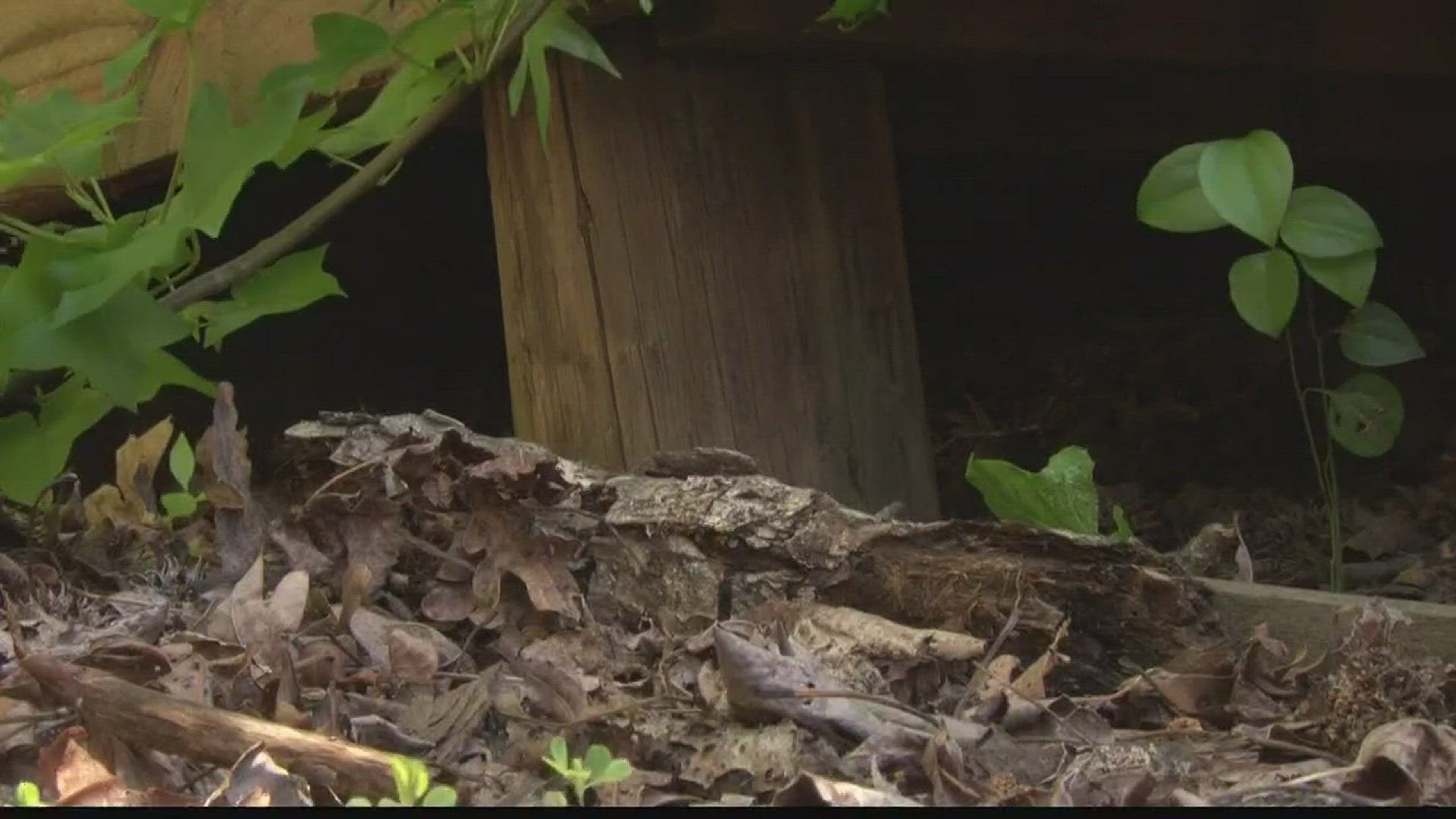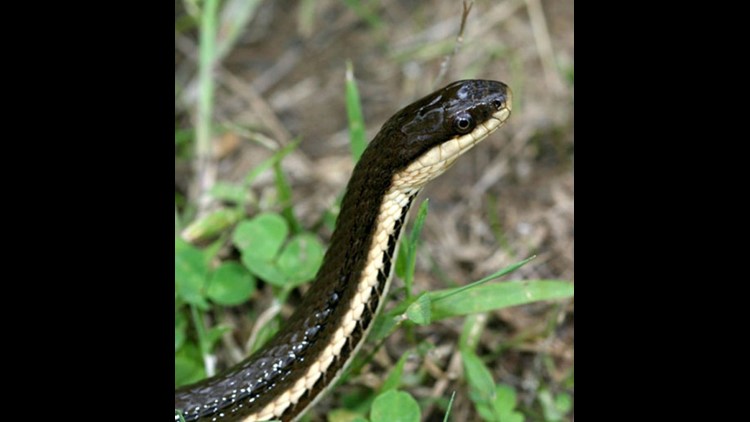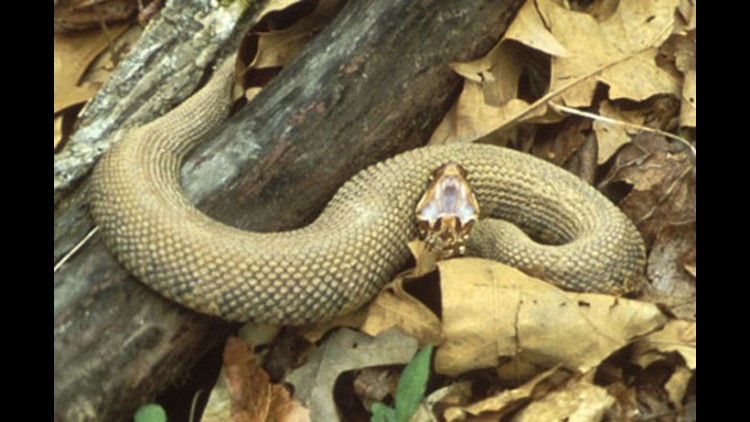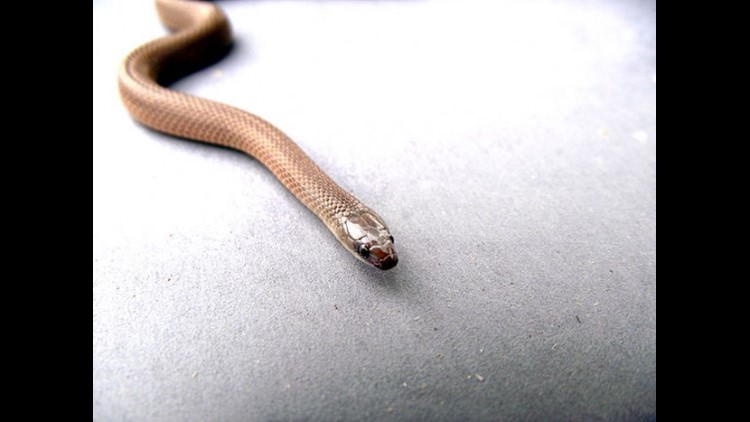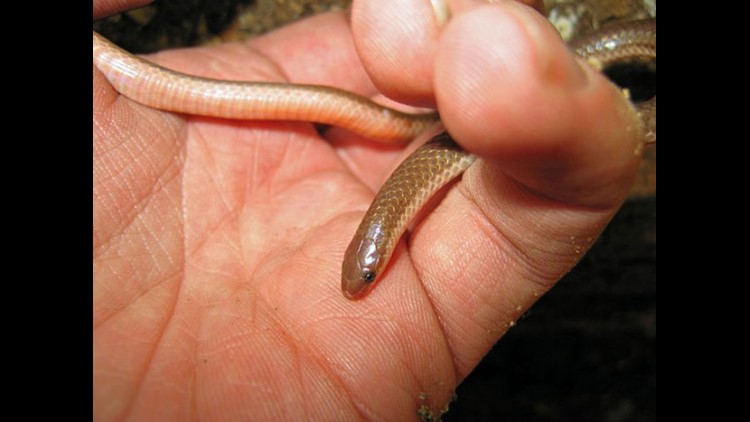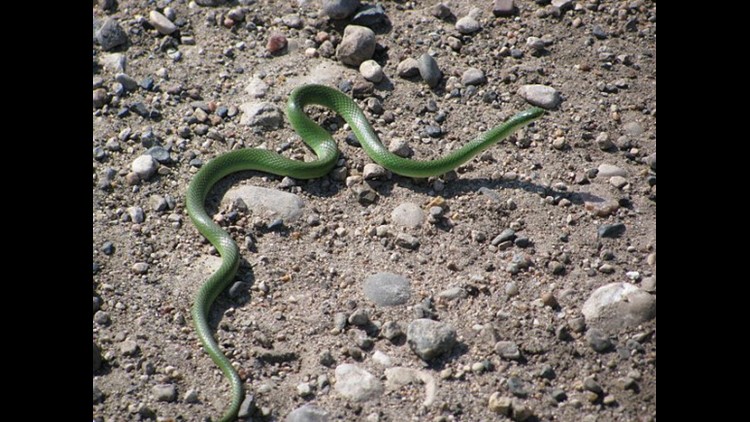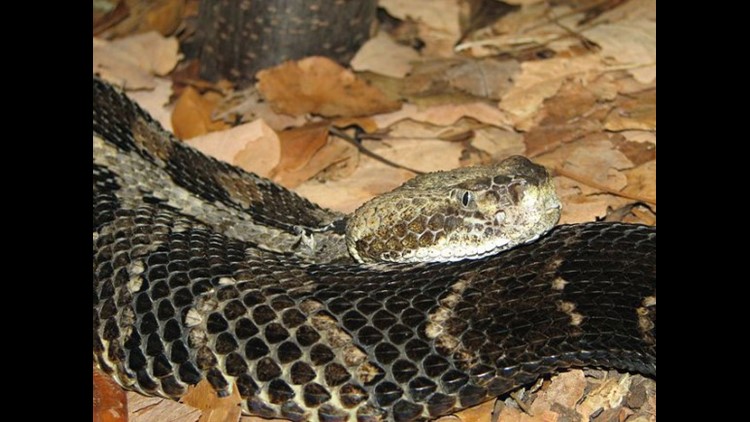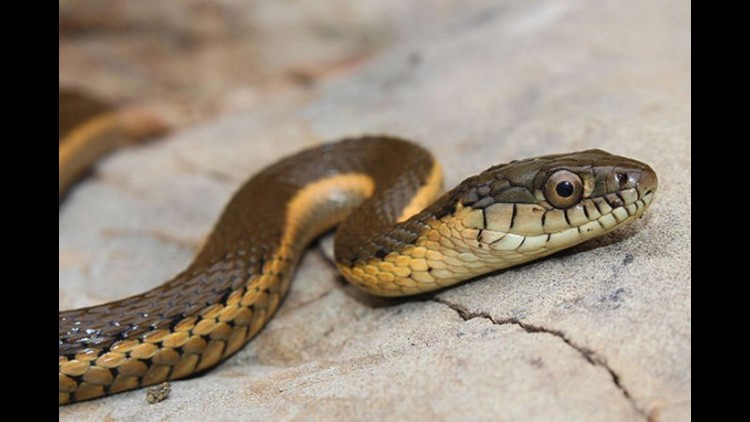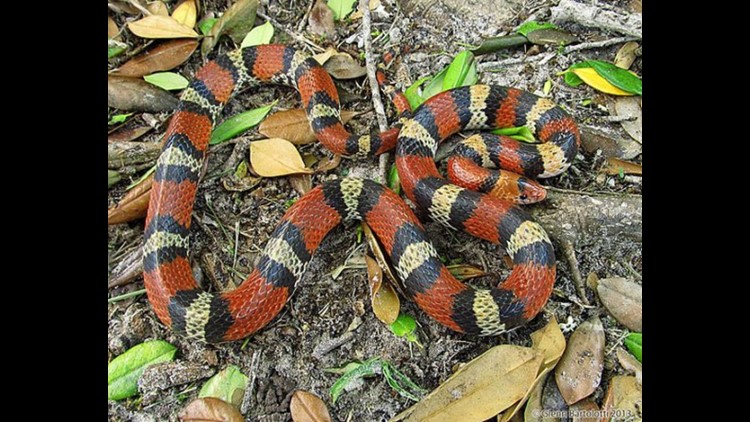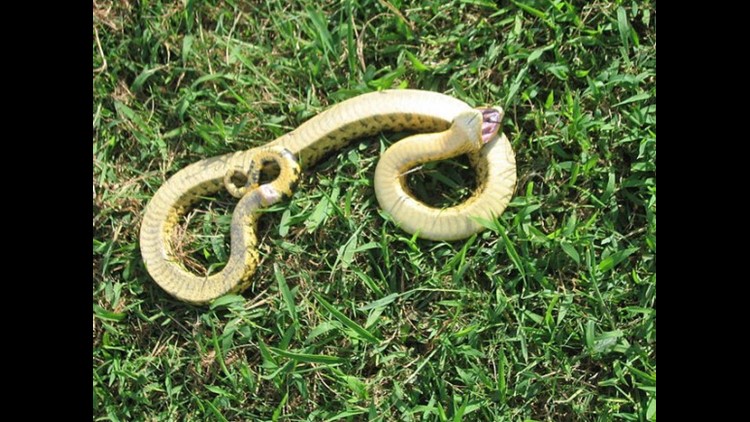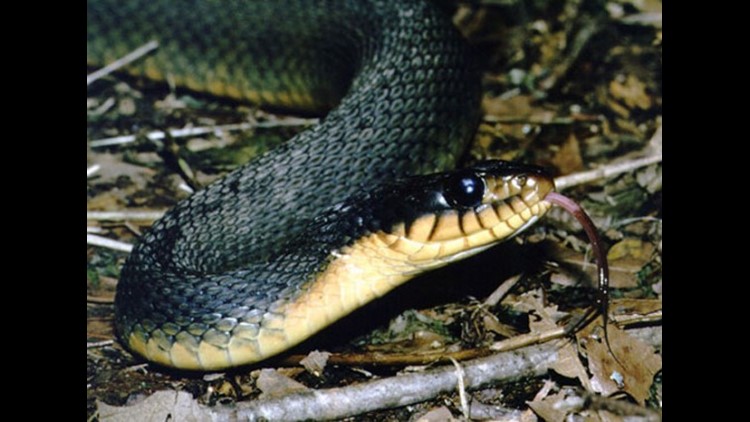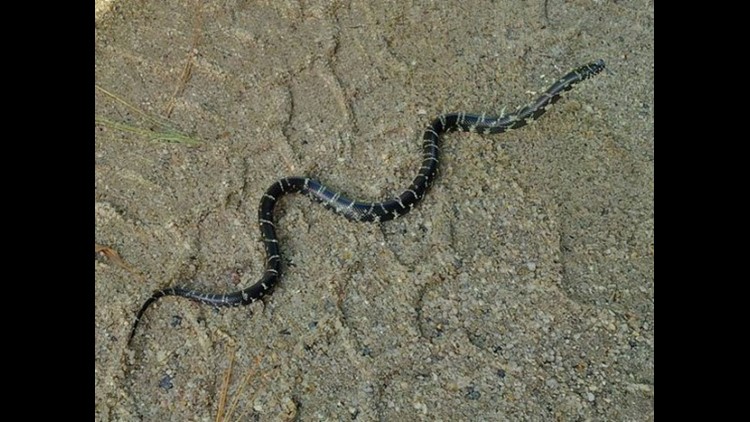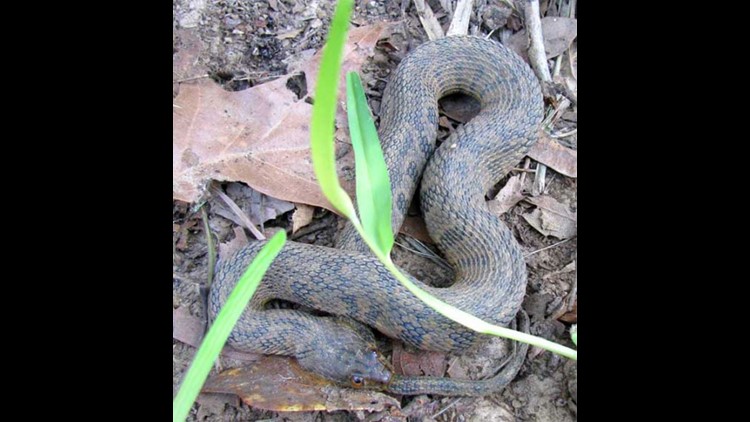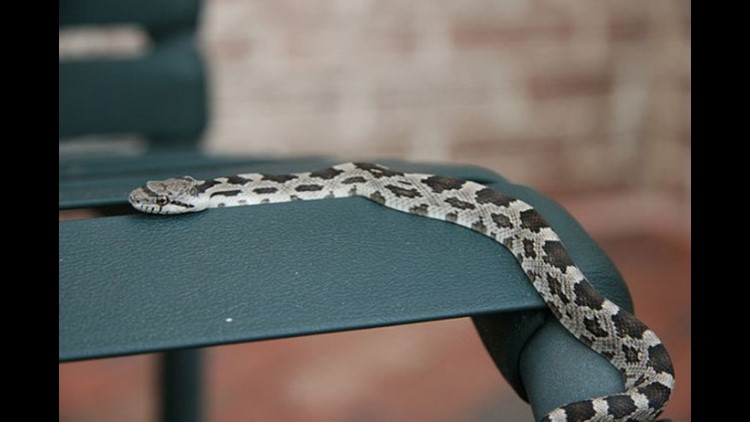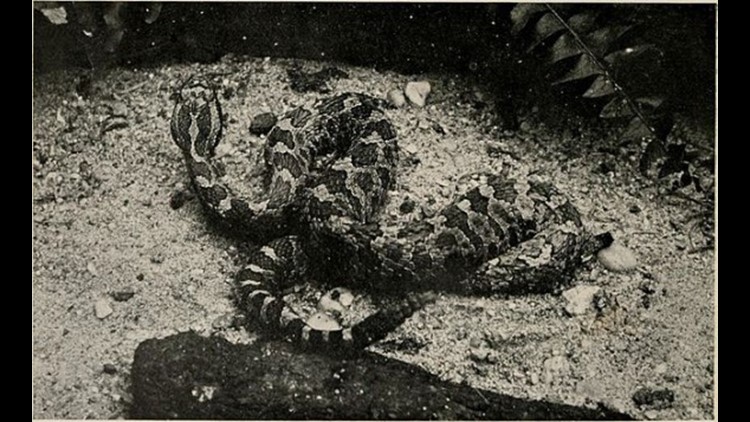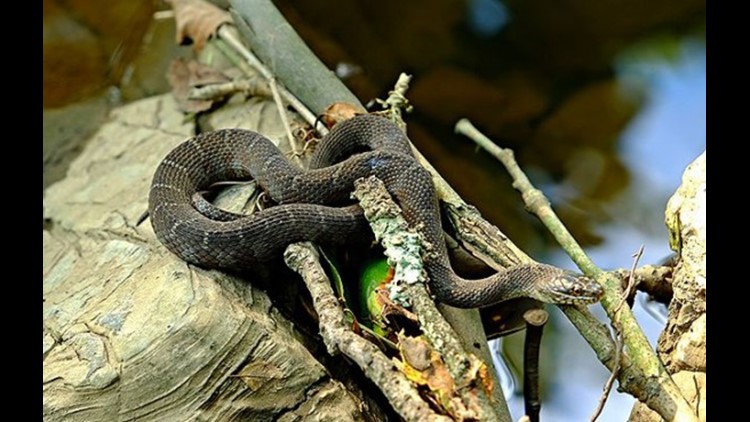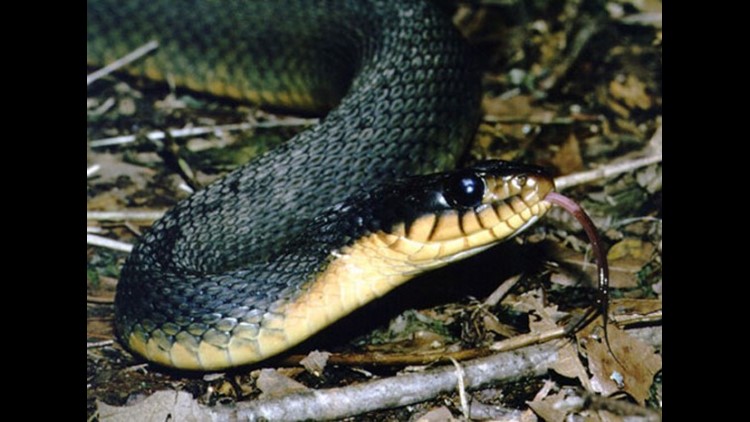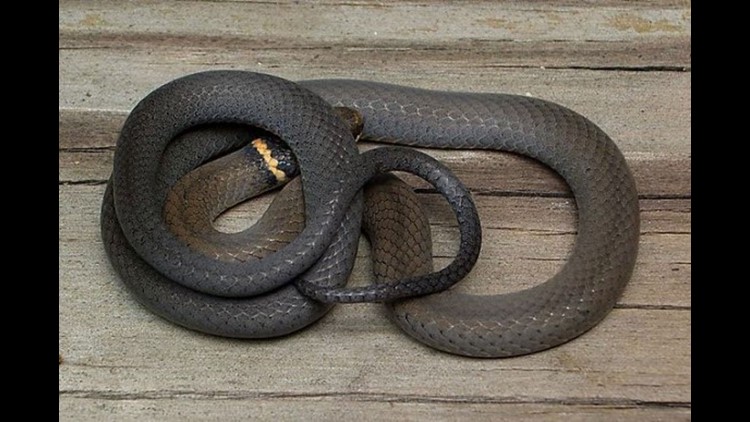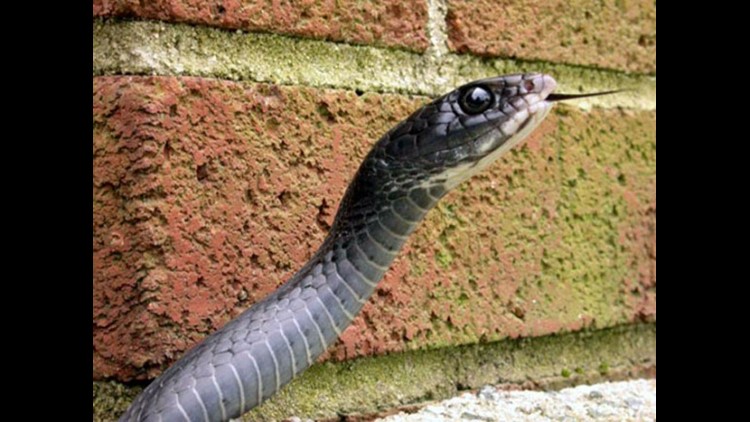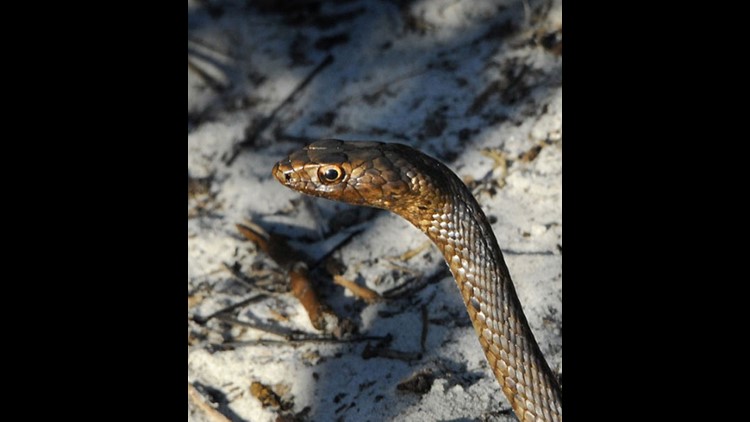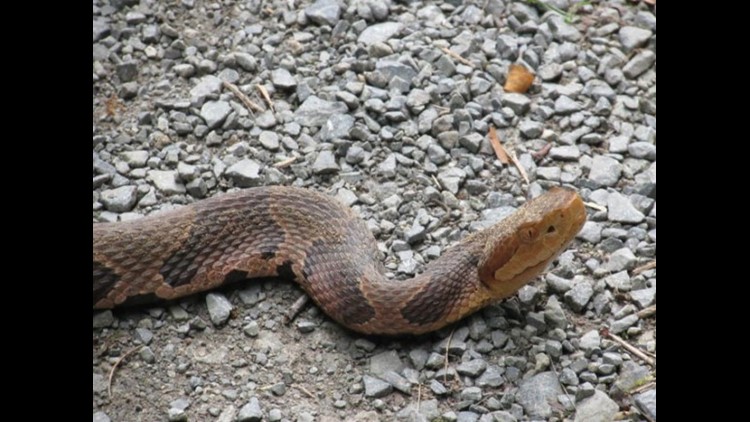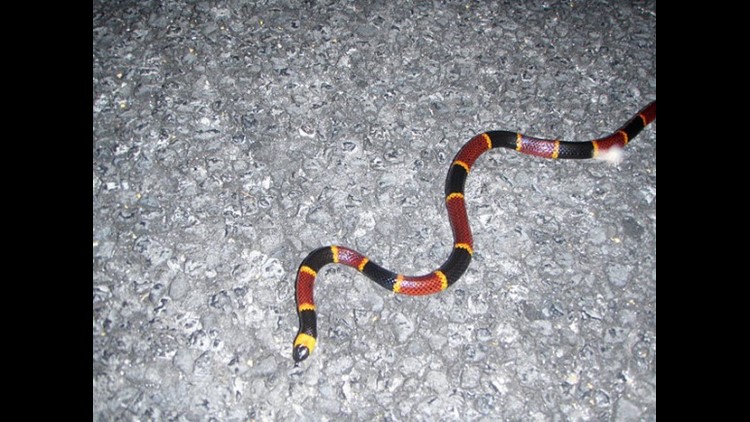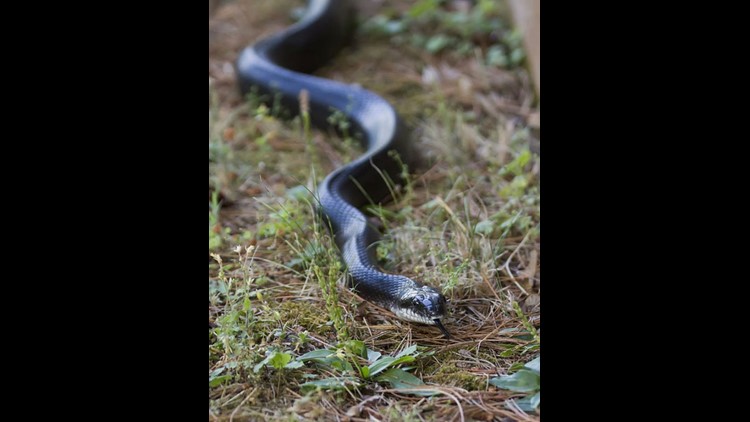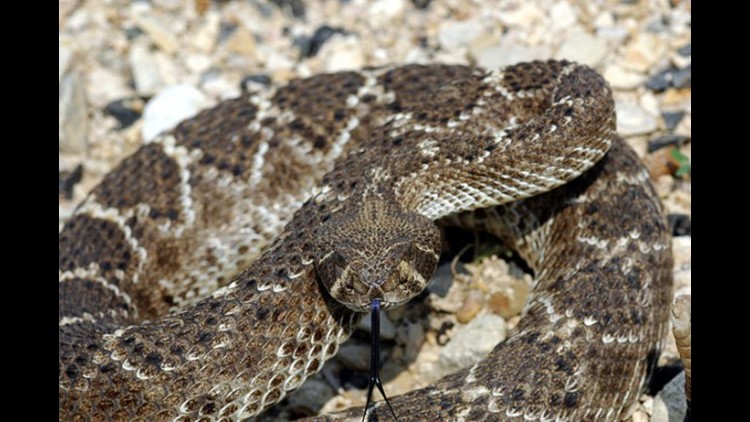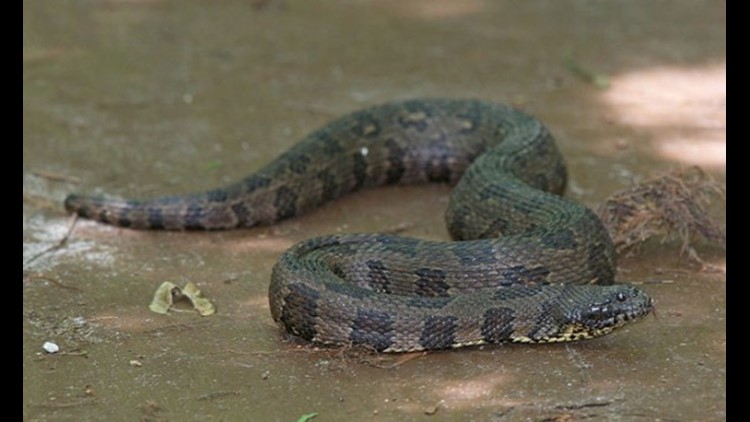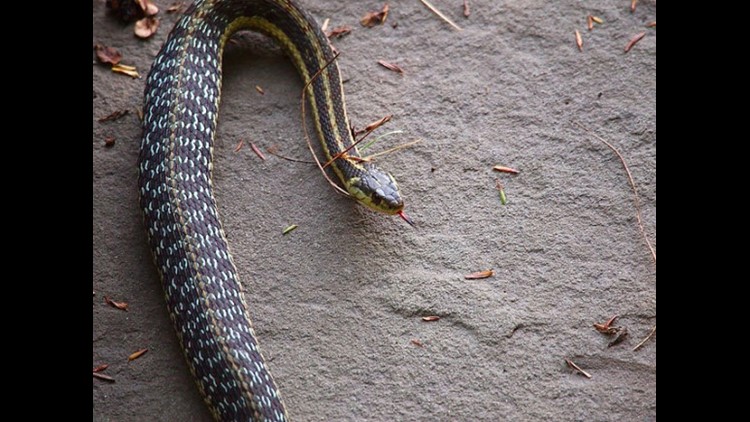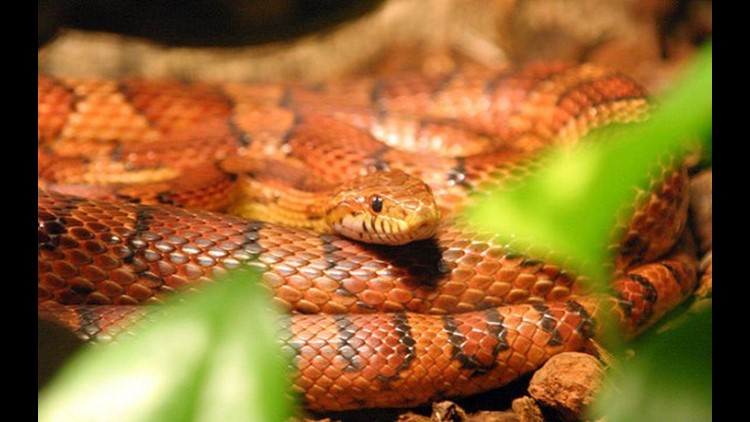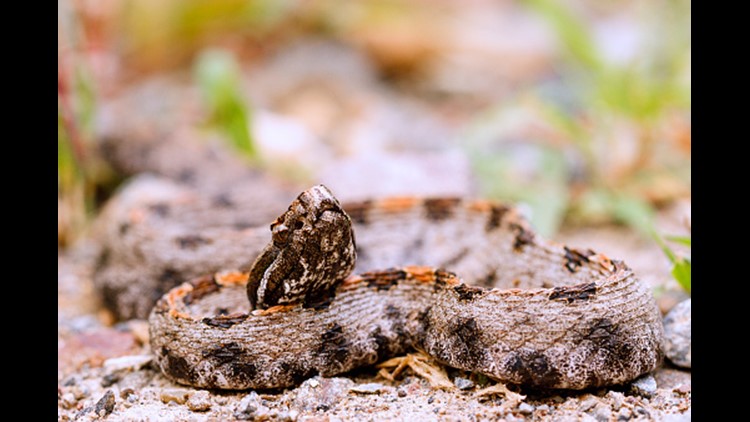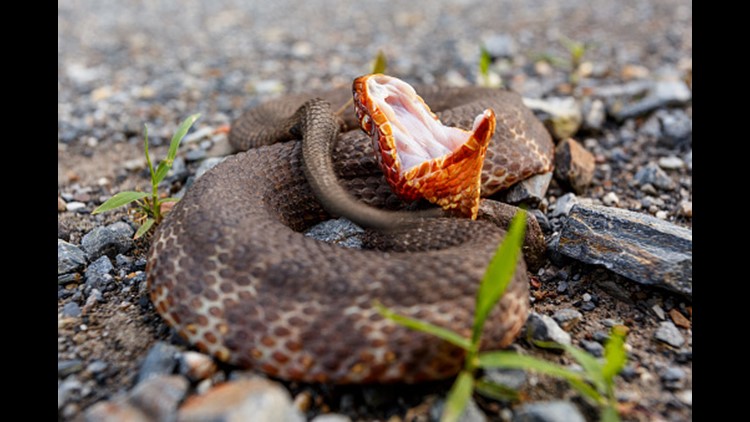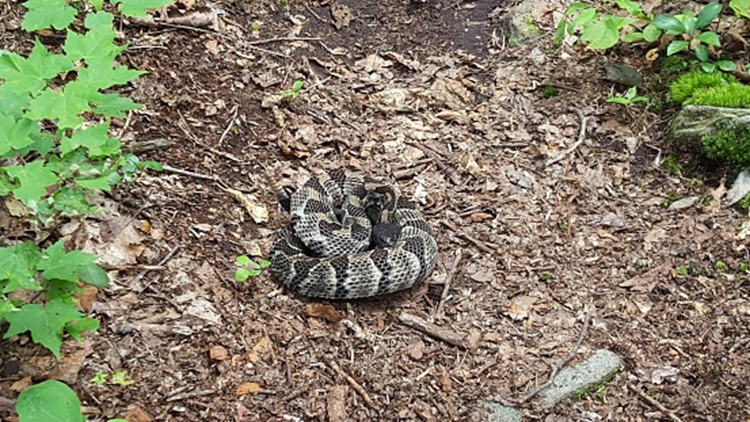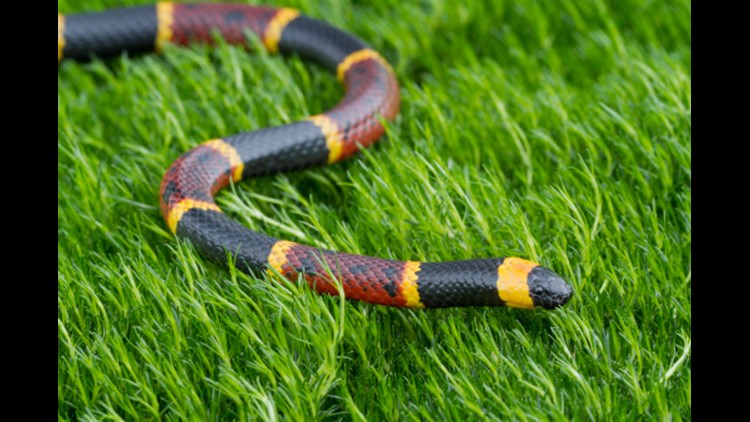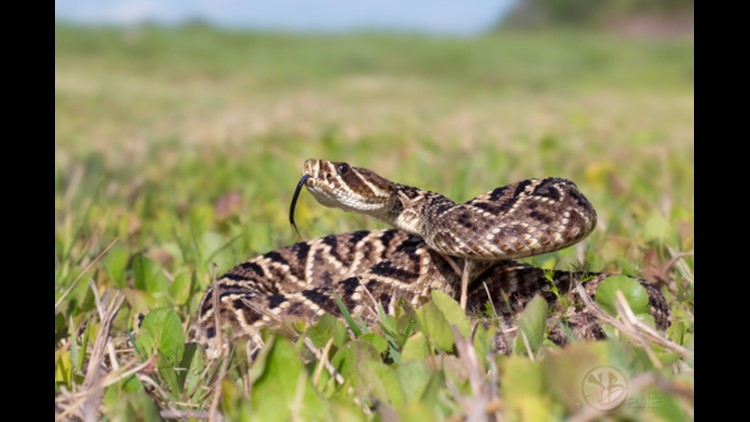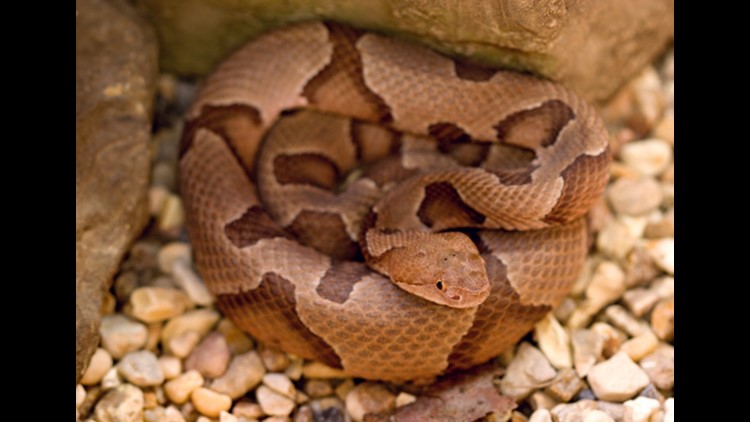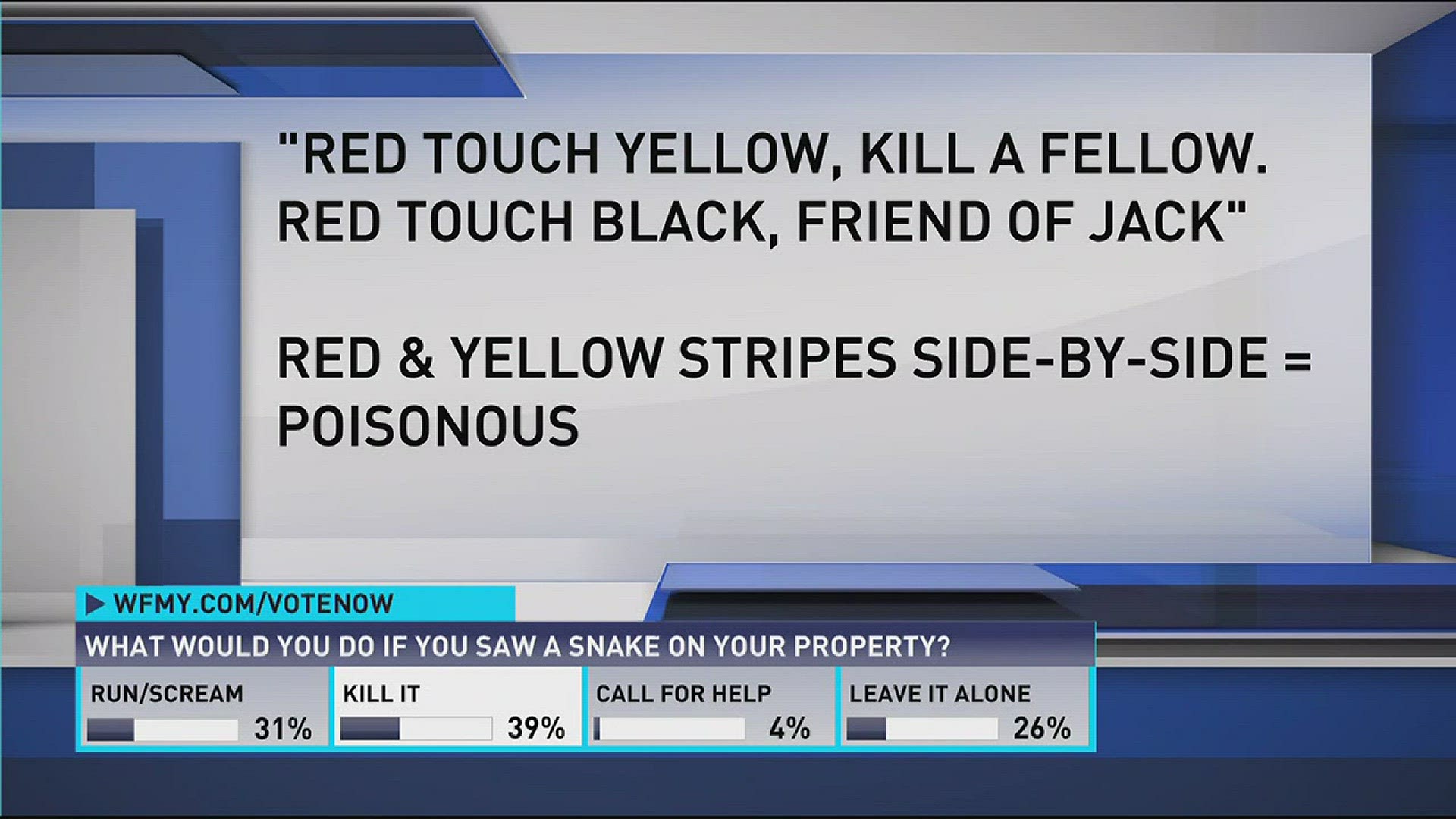CHARLOTTE, N.C. – If you’re afraid of snakes, this news is probably going to alarm you.
According to the Carolinas Poison Center, calls for reported snake bites have nearly quadrupled in 2017 compared to this same time last year. Officials say a milder winter are thought to be a contributing factor in the rise in bites.
In April, the Poison Control Center received 71 calls about snake bites, up from 19 calls last April.
Frank Fowler with McNeely Pest Control says snakes love to hide in tall grass because they can sink down low and stay out of sight while they're hunting for food.
Fowler says they also love to hide in cool, dark places, so be careful if you store stuff in your backyard.
"Lots of times, just by getting rid of the stored items in our yard, we can reduce that harborage that would contain the mice and rats, therefore there is no food source and so the snakes will go elsewhere," said Fowler.
Copperheads, cottonmouths, as well as several species of rattlesnake, are native to North Carolina. Officials say they receive on average about 10 times the number of calls about copperhead bites than all other venomous snakes combined.
“Venom is poison, and we handle all kinds of poison exposures — including exposures to venom,” said Dr. Michael C. Buehler, medical director of the Carolinas Poison Center. “We help treat around 500 snake bites statewide ever year.”
Buehler expects that number to be well over the 500 mark this year after such a fast start.
Officials with the Poison Center say the majority of calls come from other doctors and nurses looking for treatment options for patients. The treatment is based on a number of factors, including type of snake, the amount of venom injected, and the health of the person bitten.
PHOTOS: Snakes Of North Carolina
►Make it easy to keep up to date with more stories like this. Download the WFMY News 2 App now.
If bitten, the Carolinas Poison Center says you should NOT do any of the following, as they can make the situation worse:
- Cut the bitten area and suck the venom out, as this can cause infection.
- Ice the area. Icing causes additional tissue damage.
- Apply a tourniquet or tight bandage. It’s better to allow the venom to flow through your body and not stay in a concentrated location.
- Attempt to catch or kill the snake. You might get bitten again.
If bitten by a snake, call the Carolinas Poison Center at 1-800-222-1222.
How To Tell If A Snake Is Poisonous
- Remember the saying "Red touch yellow, kill a fellow. Red touch black, friend of Jack"
- Copperhead and rattlesnakes both have triangular heads.
- Cottonmouths are grayish and very thick. Their mouths are cotton colored.
WATCH: How To Spot Poisonous snakes by State Farm Insurance
PHOTOS: Venomous Snakes of NC

